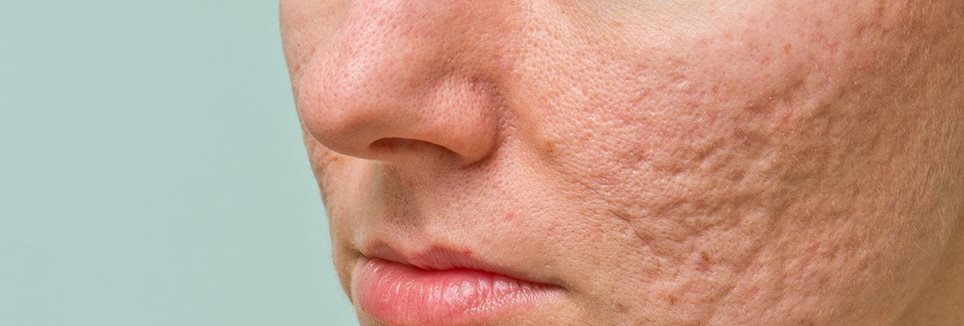Hyperpigmentation is a common skin issue that can cause distress when it's highly noticeable. Clinically proven to reduce the appearance of age spots and provide even and radiant skin, the Flawless Brightening range is a must-have. This blog post examines the causes of uneven skin tone, a revolutionary scientific discovery, and the surprising results of the Spotless Brightening range. What Causes Uneven Skin Tone? Uneven skin tone is usually caused by pigmentation issues like hyperpigmentation. It is due to the excess production of melanin. Melanocytes in our skin produce the dark pigment melanin. It gives natural skin colour and provides protection from the sun's rays. It appears as dark spots and age spots on the skin, making it appear uneven. Melasma and post-inflammatory hyperpigmentation (PIH) are also caused by this. Appearance of Hyperpigmentation on the Face Hyperpigmentation is popular in areas of skin that are regularly exposed to sunlight, such as the face and han...
Having acne scars is mentally painful anybody as these acne marks doesn't feel good. Sometimes it is observed that these scars disturbs people mentally. If you are having acne scars on your face or body then you know how it feels like, those who are not aware of this, will learn what it is and how to prevent and treat it.
What are Acne Scars?
Acne scars or marks are the end result of inflamed blemishes. It is caused by swelling of skin pores due to excess oil, bacteria and dead skin cells. Breakout of follicle wall happens and this leads your skin to scarring.
Living with acne skin can be difficult but, for many, the problems continue after the papules and pustules have cleared up. Acne can leave skin marked and scarred and, if someone has experience severe acne, the subsequent scarring can be equally severe and distressing.
Thankfully, there are several options available for tackling these scars, but the best treatment is undoubtedly prevention - i.e. not getting the scars in the first place. If you are suffering from acute acne, then we recommend you consult a dermatologist as soon as possible. He or she will be able to recommend a treatment that can alleviate your acne so that scar formation can largely be avoided.
You can find out which symptoms should prompt you to see a doctor and what he or she will then do here.
Undoubtedly the most noticeable and most severe consequence of acne is scarring, but acne can leave other marks behind such as pimple marks caused by post-inflammatory hyperpigmentation (PIH, You can find out more about how to reduce and remove these in acne and hyperpigmentation.
How acne scars look like?
This is how acne scars look like as shown in below image, this can be more deepen and severe. Therefore it is recommended to get rid of acne scars as soon as possible. These scars can be treated with the acne scars removal products, I recommend using Eucerin ProAcne Solution which are very effective.
To learn more, read how to get rid of acne scars

Comments
Post a Comment